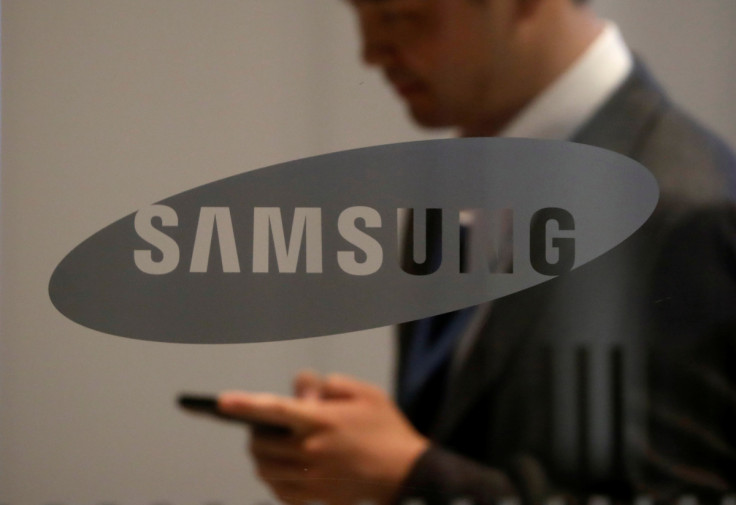Samsung, Google team up to make new chip for upcoming Galaxy S-series phones
Samsung is reportedly teaming up with Google and AMD to make a new chipset that will be powering up the future Galaxy S-series smartphones.
It is no secret that Google makes Tensor chips for Samsung's flagship devices. However, Samsung is now teaming up with the search engine giant to develop a new chipset.
Unsurprisingly, this new chipset will be used to power up the upcoming flagship smartphones from Samsung. According to leaker Connor, the Korean smartphone giant will team up with Google's Tensor team, as well as AMD's graphics team, to develop the purported new chipset.
Moreover, the tipster suggests the Galaxy S-series flagship smartphones that are slated to launch in 2025, might get this new chipset. The chip will allegedly comprise a couple of high-performance Cortex-X cores.
Aside from this, the new chipset will have four performance-focused cores that run at a lower clock speed. Lastly, it will have four energy-efficient cores.
The tipster shared a diagram that implies the chipset will use an AMD GPU for graphics-intensive tasks. For those unaware, the Tensor chips powering the Pixel series smartphones are an outcome of Google and Samsung's collaboration.
However, it is worth mentioning here that Samsung manufactured the Tensor and Tensor G2 chips for the Pixel 6 and the Pixel 7 series smartphones. Notably, they are simply Exynos chips that boast Google-backed AI features.
The word on the street is that Google and Samsung have already started working on the Google Tensor 3 SoC. This chipset might make its debut on the upcoming Pixel 8 series smartphones.
Notably, Google could be gearing up to unveil the Pixel 7 series successors in 2023. The chip powering up the Pixel 8 lineup carries the codename Ripcurrent. Also, it has model number S5P9865.
A considerable number of mobile phone chips adopt either the 5nm or 4nm process. However, the new chipset might use a more advanced 3nm process considering Samsung is working on 3nm chips at the moment.
Regrettably, it is unclear which future Galaxy S-series smartphones are likely to pack the new chipset. Still, some reports claim the chipset will be available in the next couple of years.

© Copyright IBTimes 2025. All rights reserved.






















